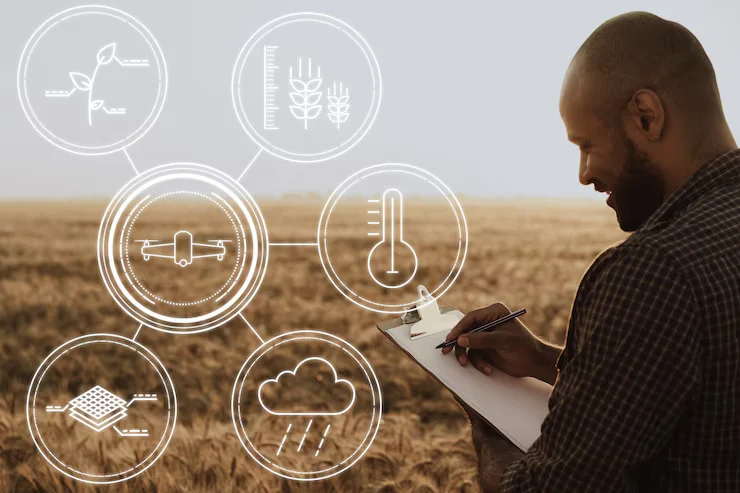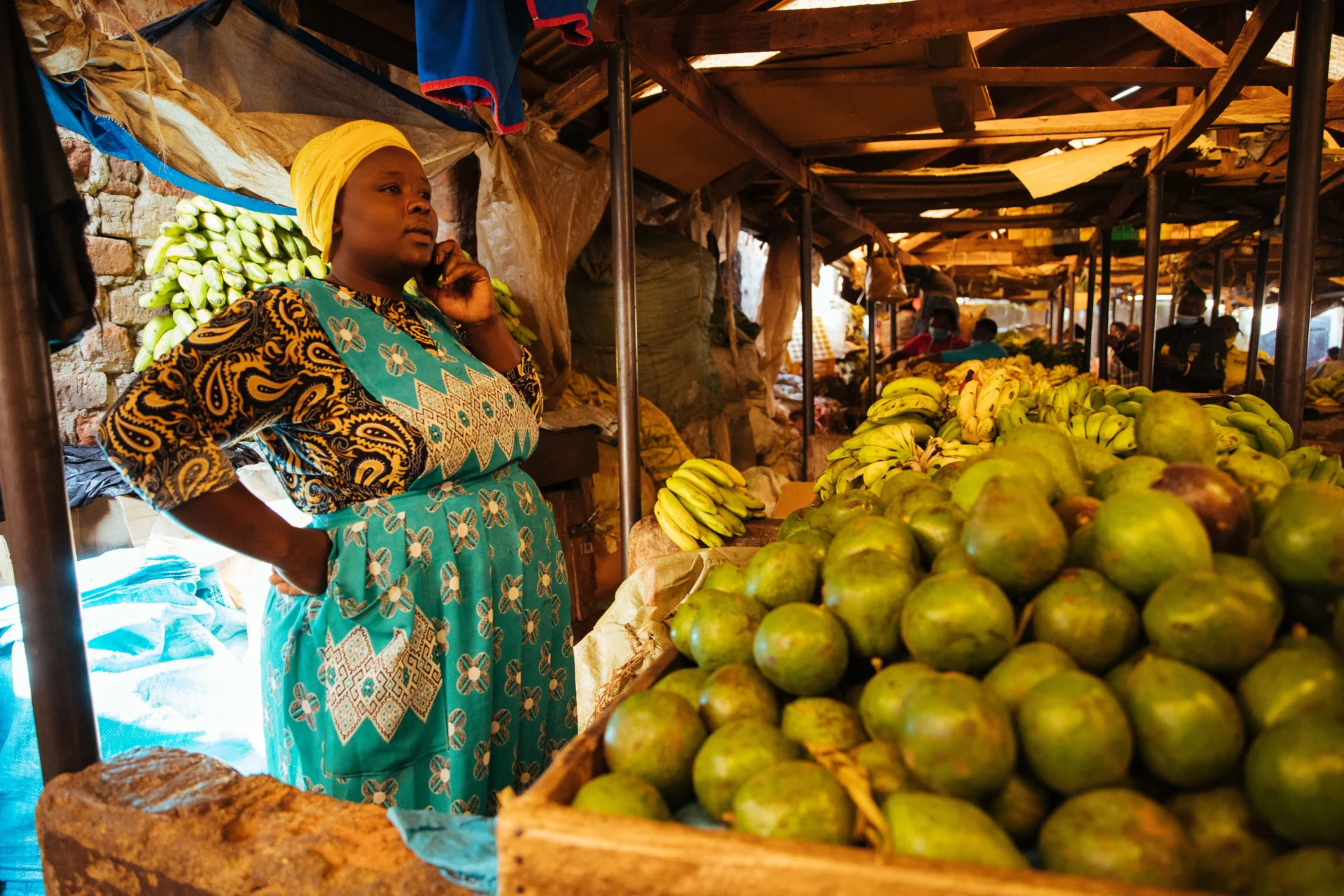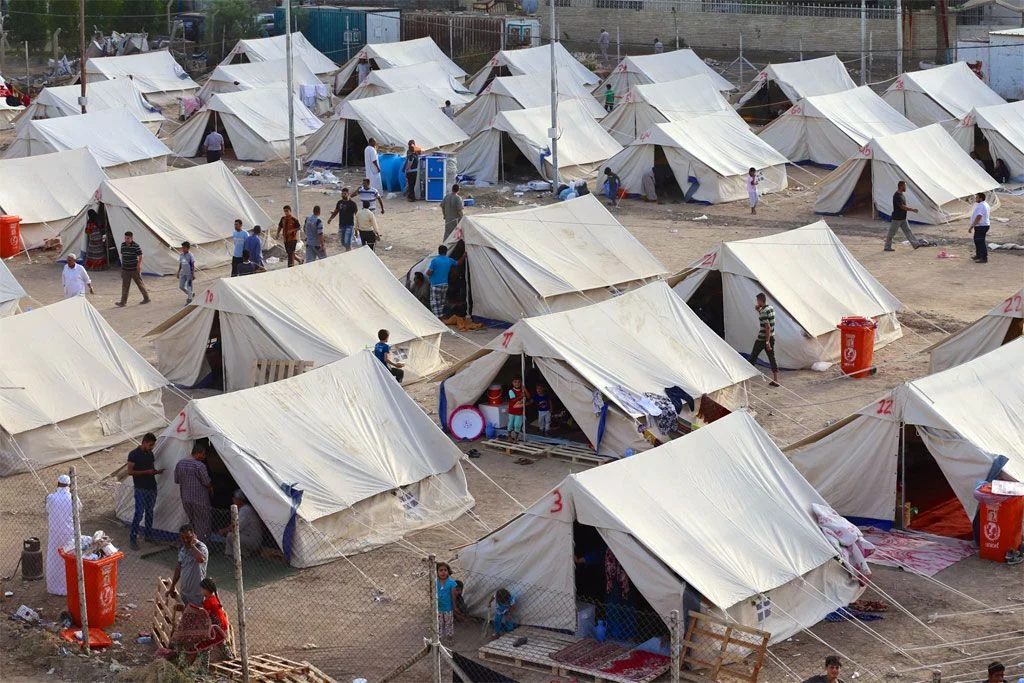Why Food Security in Africa Is Everyone’s Business
Africa holds 60% of the world’s uncultivated arable land, yet millions across the continent remain food insecure. Climate change, population growth, and economic instability are testing the limits of traditional farming systems. With food demand expected to double by 2050, outdated methods will no longer suffice. Africa’s agricultural transformation is not just desirable, it is essential. At the heart of this transformation lies technology, offering real solutions that help farmers increase yields, access markets, and improve livelihoods. However, innovation without accountability can falter this is where Monitoring and Evaluation (M&E) plays a critical role, ensuring new tools truly deliver sustainable impact.
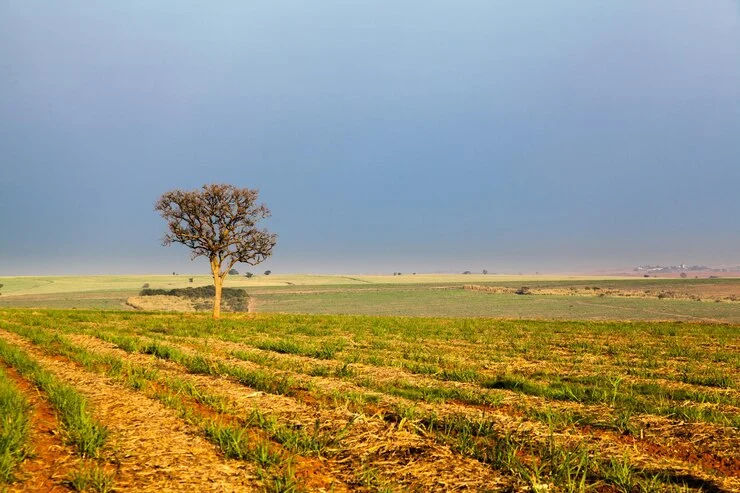
The State of Agriculture in Africa and the Need for Change
Agriculture remains the primary livelihood for over 70% of Africans yet contributes less than a quarter to most national GDPs. Smallholder farmers, who grow nearly 80% of the continent’s food, struggle with limited access to finance, markets, irrigation, and reliable information. Erratic rainfall, outdated equipment, and poor rural infrastructure worsen the situation, while post-harvest losses of up to 50% in some areas further reduce food availability. These structural weaknesses highlight the urgent need for modernization through scalable, tech-driven solutions especially those adapted to local needs.
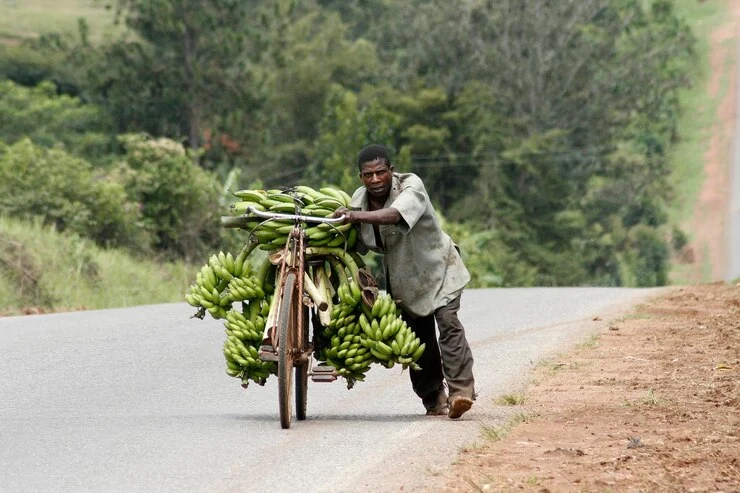
How Technology Is Driving Agricultural Transformation
Digital innovation is reshaping African agriculture. Mobile apps like iCow (Kenya) and Farmerline (Ghana) offer real-time access to weather forecasts, disease alerts, and market prices. Satellite imagery and drone technologies enable precise planting, soil mapping, and water optimization. AI tools are being used to predict pest outbreaks and climate disruptions, while blockchain is improving transparency and traceability in supply chains. These technologies help reduce losses, increase efficiency, and improve access to finance and markets particularly when integrated with farmer education and infrastructure upgrades.
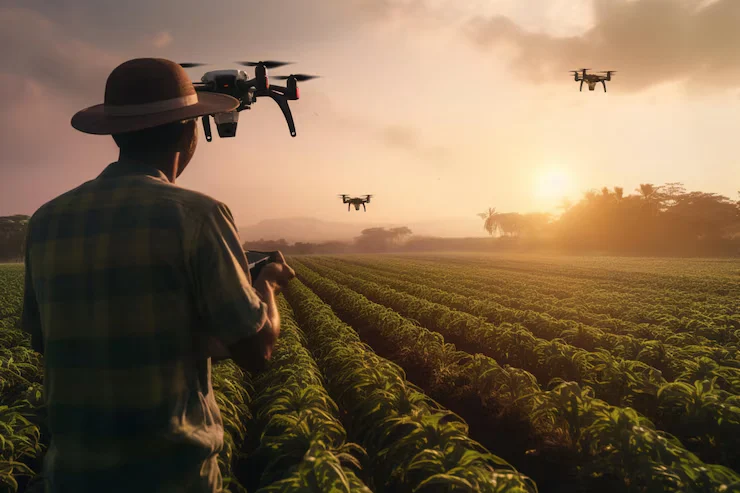
Technology’s Role in Strengthening Food Security
By increasing productivity, reducing post-harvest waste, and enhancing decision-making, technology is helping Africa inch closer to food security. Mobile money services make credit accessible to rural farmers. E-extension platforms provide training on better practices. Supply chains are becoming shorter and smarter with improved logistics and digital tracking. All these innovations combine to build resilience and sustainability into Africa’s food systems but to fully benefit, these solutions must be monitored, tested, and adapted over time.

The Role of Monitoring and Evaluation in Ensuring Impact
Technology provides the tools; Monitoring and Evaluation ensures they work. At Insight and Social, we ensure that agricultural innovations are not only implemented but tracked for real-world results. Through baseline surveys, impact evaluations, and feedback loops, our M&E systems uncover what’s working, what’s not, and what can be improved. Whether it’s evaluating gender impacts, adoption rates, or regional scalability, M&E frameworks give stakeholders the data they need to invest wisely and scale effectively.

Building the Future: Policy, Partnerships, and Practical Solutions
Africa’s agricultural future depends on more than innovation; it demands intentional partnerships and policy support. Governments must invest in rural digital infrastructure, while donors and private sector actors collaborate to fund innovation hubs and scale proven models. Local startups play a key role in tailoring solutions to community needs. However, none of this will work without strong evaluation frameworks. M&E ensures every dollar spent brings measurable results, ensuring no one is left behind as we transition toward smarter, more inclusive food systems.
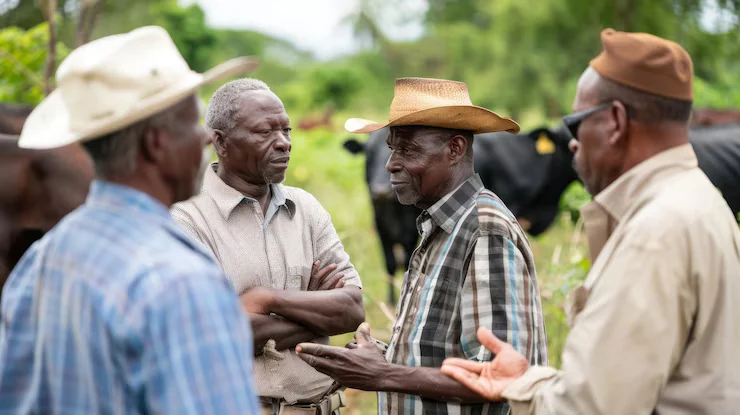
Conclusion: Data-Driven Innovation Is the Bridge to Food Security
The challenge of feeding Africa’s growing population may be steep, but it is solvable. Technology is helping farmers do more with less, opening new frontiers for productivity and resilience. But to truly drive sustainable change, every solution must be measured, evaluated, and improved. At Insight and Social, we support Africa’s agricultural future by making data work for development. We ensure that innovation delivers because food security is not just about growing more; it’s about growing smart, sustainably, and with impact.


